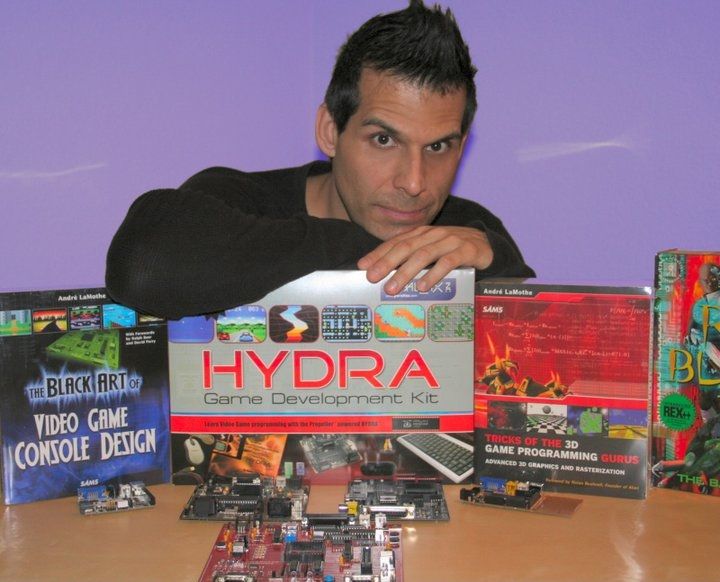687 reads
AI Will Put Programmers out of Work in 2025
by
November 7th, 2023
Audio Presented by

Computer Scientist, Electrical Engineer, Game Developer, Author, CEO, and Girl Dad.
Story's Credibility





About Author
Computer Scientist, Electrical Engineer, Game Developer, Author, CEO, and Girl Dad.
